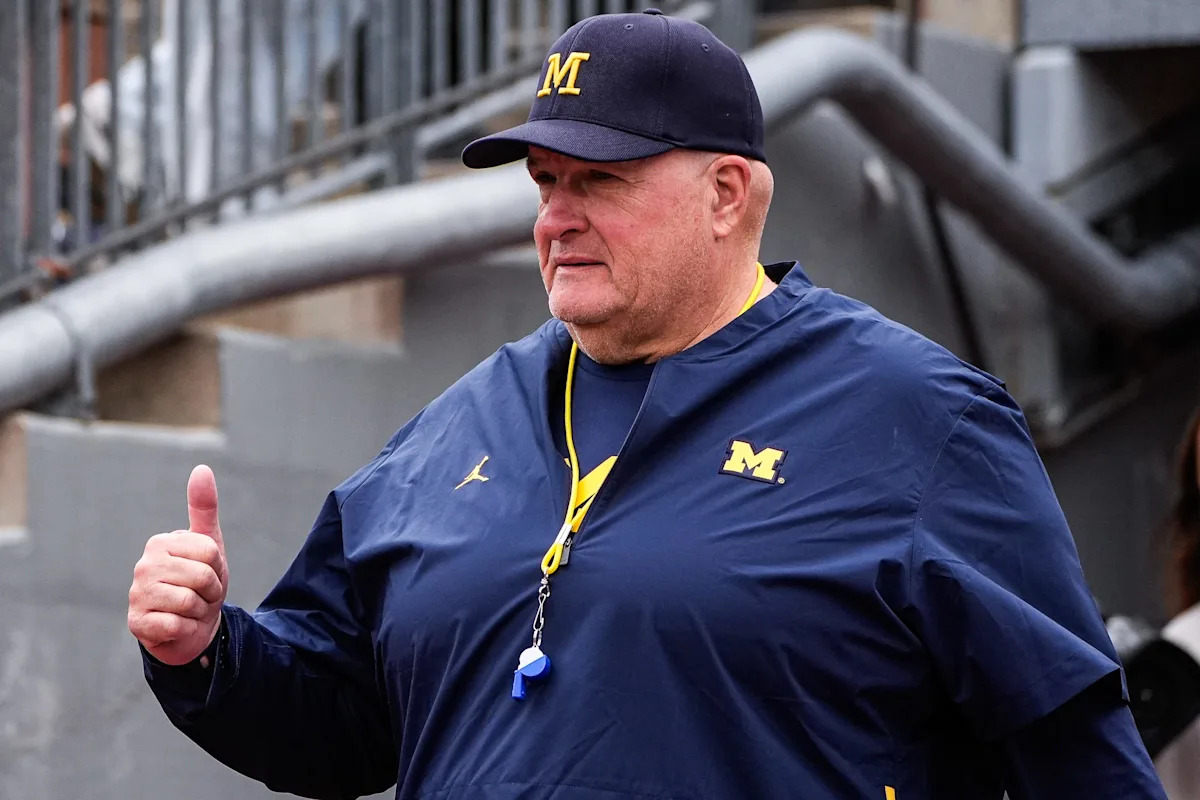📣 The Recruiting Journey is a Marathon, Not a Sprint
It’s easy to feel pressure to have recruiting figured out early—especially when teammates commit or social media fills your feed with offers. But the truth is, rushing the process can lead to poor decisions. The players who succeed at the college level are rarely the ones who peak early. They’re the ones who focus on steady growth, self-awareness, and long-term development.
📈 What the Numbers Show
College baseball is more competitive than ever:
Roster spots across all levels are harder to earn.
The number of college players has grown steadily over the past decade.
Yet the share of freshmen on rosters is shrinking—meaning coaches often prefer more mature, experienced players.
This makes one thing clear: if you’re still growing, improving, and developing, you’re right on track.
🏗️ The Foundation of a Successful Recruiting Process
1. Development Comes First
Your focus should always be on improving your skills, body, mindset, and baseball IQ. Players who train with purpose and seek honest feedback are the ones who get better—and eventually get noticed.
2. Exposure Should Match Readiness
Recruiting exposure matters most when your game is ready. There’s no advantage to being seen before you’re prepared. Let your development drive your timeline, not outside pressure.
3. The Best Opportunities Take Time
Players develop at different rates. Some hit their stride early, others take off late in high school or even after graduation. Coaches value players who are still improving—and they’re often more interested in those who stay focused on growth than those chasing attention.
🛠️ 5 Ways to Stay Patient and Progress-Driven
Focus Area
What to Do
Skill Development
Set measurable goals each season and track your progress.
Physical Growth
Prioritize strength, mobility, and nutrition for long-term gains.
Mindset & Maturity
Embrace adversity, learn from failure, and focus on controllables.
Academic Preparation
Strong grades give you more opportunities and show responsibility.
Recruiting Awareness
Learn how the process works, but don’t rush it—your time will come.
💡 Real Talk: Comparing Yourself to Others Slows You Down
Your teammate’s offer? It’s not your path. Your journey is unique—and comparison only leads to frustration. Instead, focus on becoming the best version of yourself. Build habits that translate into future success: consistency, work ethic, adaptability, and a love for the game.
🚦 What Patience Looks Like in Action
Continuing to work hard even when attention isn’t coming yet.
Using offseason time to refine weaknesses and build confidence.
Asking for feedback from coaches and using it constructively.
Trusting that effort compounds—and that better opportunities come with better preparation.
✅ Final Thoughts: Let Your Game Do the Talking
Patience isn’t passive. It’s active. It means committing to the process, trusting your timeline, and putting in the work day after day—even when the rewards aren’t immediate.
Stay focused on your growth. Develop your skills, body, and character. Keep getting better. Because in the long run, players who prioritize development over deadlines don’t just get recruited—they thrive when they get there.
🔗 Learn More From KPB
Explore related content that reinforces the importance of development and patience in recruitment:






![Tennessee & Oklahoma Fall Deep Dive; O’Sullivan to return to Florida [Highway To Hoover] • D1Baseball Tennessee & Oklahoma Fall Deep Dive; O’Sullivan to return to Florida [Highway To Hoover] • D1Baseball](https://i2.wp.com/cdn.d1baseball.com/uploads/2025/12/17222432/Talking-SEC-Teams-2.png?ssl=1)

















